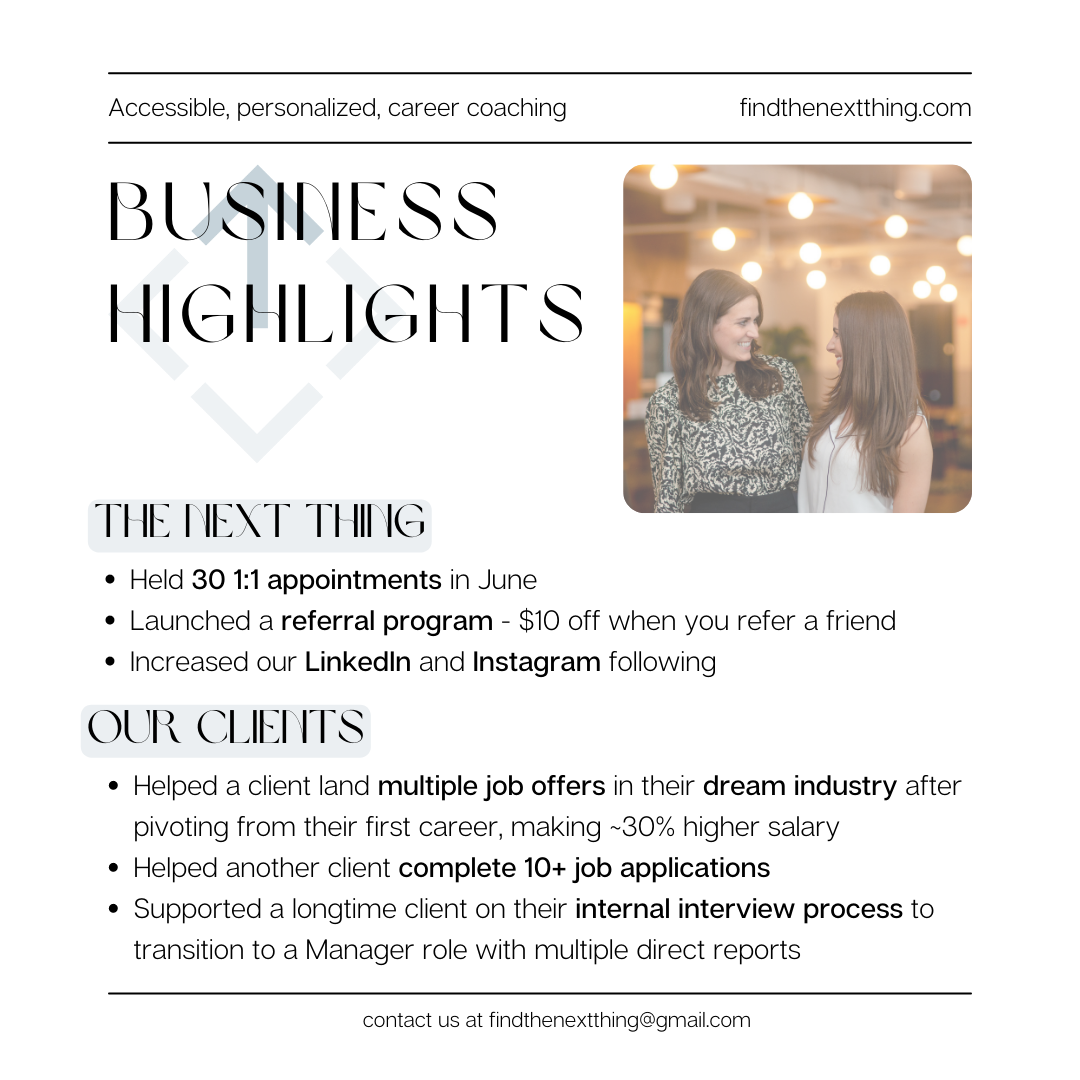Issue 2: July 2022
The Next Thing News
Spotlight: Kenny Bourgon, Sr. Product Manager at PayPal
How do you know when it’s time to “find the next thing”?
Early career transitions should be deliberate; use your personal experience and the wisdom of others to make an informed decision about how your next job will be different from the last. Identify the needs of the market, what roles are in high demand? It's never too late to learn new skills and the opportunity to do so is valuable.
My first job out of college was consulting for IBM. After two years, my role was cut in a big round of layoffs and I was forced to find the next thing. It was an uncertain and anxious time for me, but in retrospect it was the best thing that could have happened. It forced me to think critically about my career.
What is your advice on making a pivot from field to another? In your case, into Product Management?
Learning about Product Management:
Read Inspired by Marty Cagan
Subscribe to Product Newsletters - start with Lenny's Newsletter
Study Agile Principles - https://www.agilealliance.org/agile-essentials/
Becoming a Product Manager:
Practice product case interviews (different from consulting case interviews)
Work in a product-adjacent roles then try to transition into PM - Business Analyst, Data Analyst, Scrum Master, UI/UX Designer, Software Engineer
Join a small company - early stage startups are more likely to hire less experience
Get an MBA - big tech firms hire PMs straight out of top MBA programs
Soft Skills that make someone successful as a PM:
Ruthless prioritization - there will never be enough time or resources to get everything done, make sure your time is spent on the highest ROI work
Lead without authority - PMs are individual contributors and don't often have direct reports, yet they're responsible for the output of their team
Communication - written or verbal, email or zoom, to the CEO or customer or team, a good PM communicates clearly, with nuance, and appropriately for the audience
What are your tips for standing out in an interview?
Have a narrative and show your personality. Your resume may be a list of accomplishments, but the interview should be a compelling story. Clearly articulate your motivations and aspirations so that the interviewer can trace the path of your career and see the logic behind your choices. Don't be afraid to express humor, vulnerability, excitement; we're all human.

